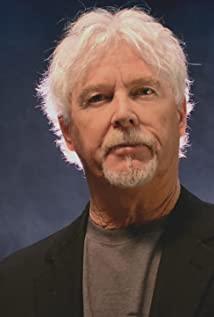1976 version: The story begins with a group of female middle school students taking a bath in the school locker room. The heroine Carrie has her first menstrual period. She is shocked, thinking it is an internal injury, and calls out to her classmates for help. Not knowing, he made fun of her, regarded her as a monster, and kept teasing her in the future. Jimmy said: The fault of the child is the fault of the adults! Indeed, Carrie's ignorance of sexual knowledge is all because her mother is a mentally ill Christian maniac who sees sex as evil. Being a daughter is a kind of sin.” In other words, she takes her perverted emotions caused by her sexual repression as an object of venting. But on the day of her menstrual period, Carrie also developed a supernatural ability - the story uses the metaphor that the development of a child to an adult means that a new force emerges in the body. But Carrie's growth is suppressed and blocked, so her supernatural powers are twisted into a force of destruction. At a school dance, but when everyone teased her again, she became fierce and used magic power to mess up the objects in the venue, the whole building caught fire, the gate was blocked, and people in the venue were killed or injured. . Carrie, who was hit hard, returned home, hoping to be comforted by her mother. Her mother took her in her arms, pretended to comfort her, and stabbed her in the back, intending to get rid of this evil obstacle. Out of self-defense instinct, Carrie used her magic again, and all the knives in the kitchen flew to her mother's hands, crucifixing her to the door frame. When her mother died, Carrie grieved so much that she burned the house down with force and died with her mother.
The above story implies that if parents mess up their children's growth with their own values, it is the source of evil, and the world will be in chaos, leading to tragedy. In the United States, there have indeed been cases in which children sued their parents on growth issues, and the judge sentenced the parents to lose money. This strong awareness of treating children as individuals equal to their parents, and thus maintaining personal growth, is not among Chinese people. To this day, there are still many Chinese people who believe in "parents who are perfect in the world".
Source: Sun Longji's "Unweaned Nation" and the Internet
View more about Carrie reviews











